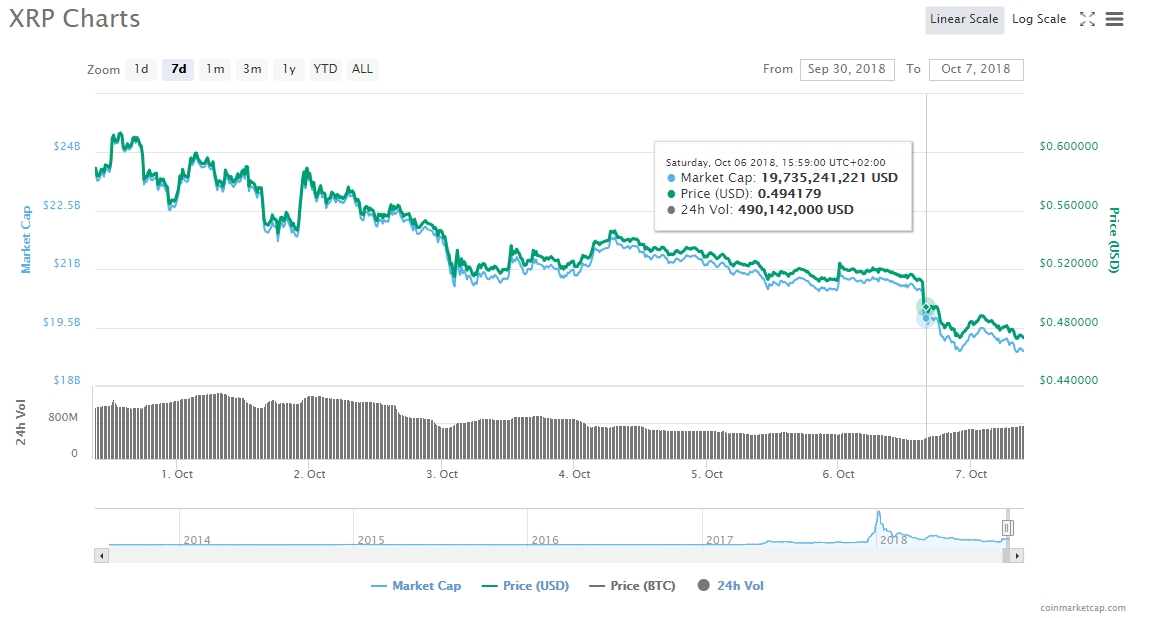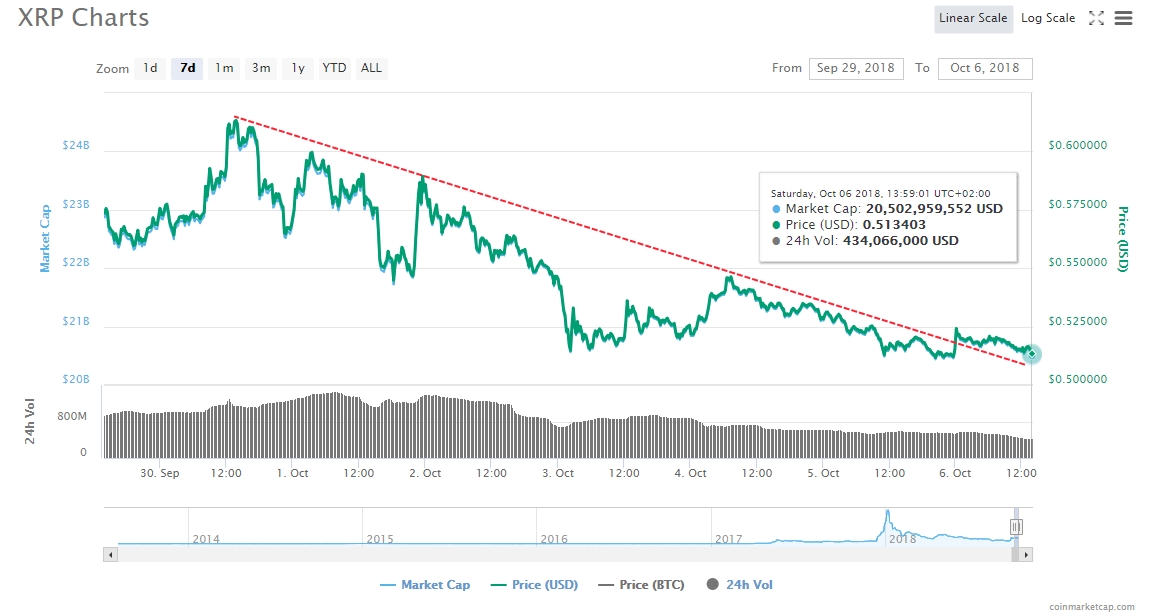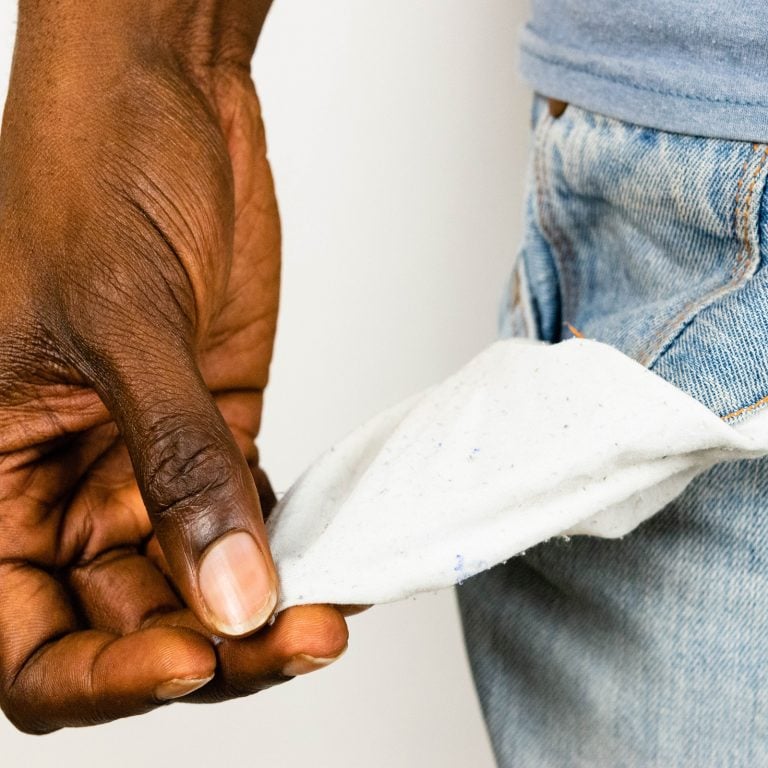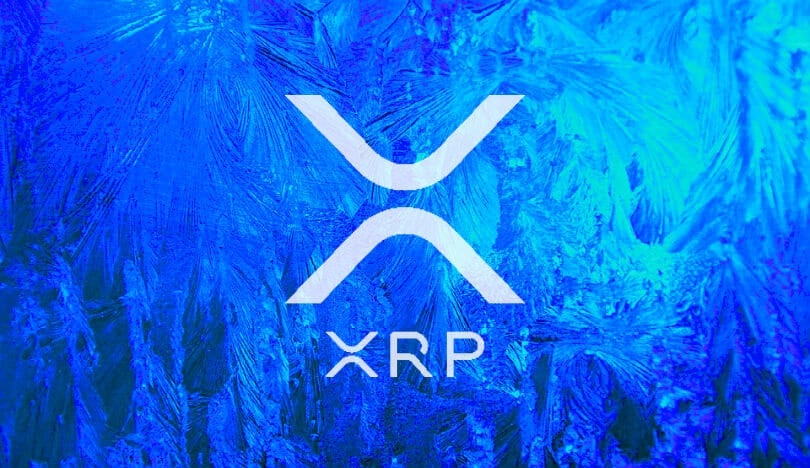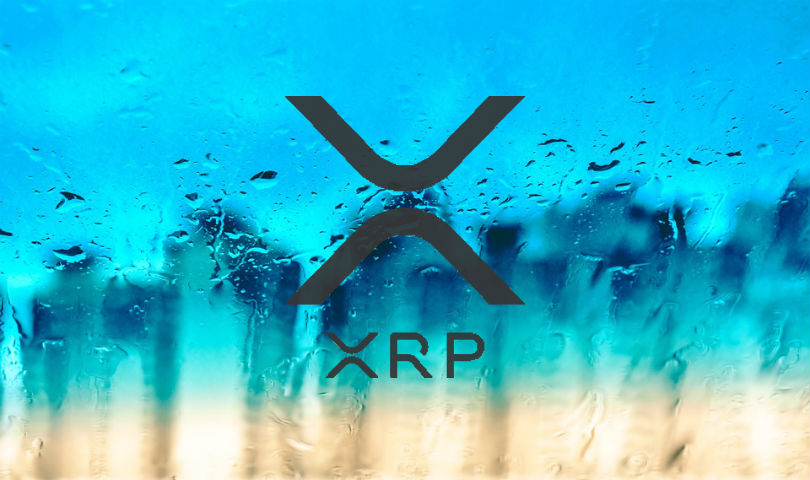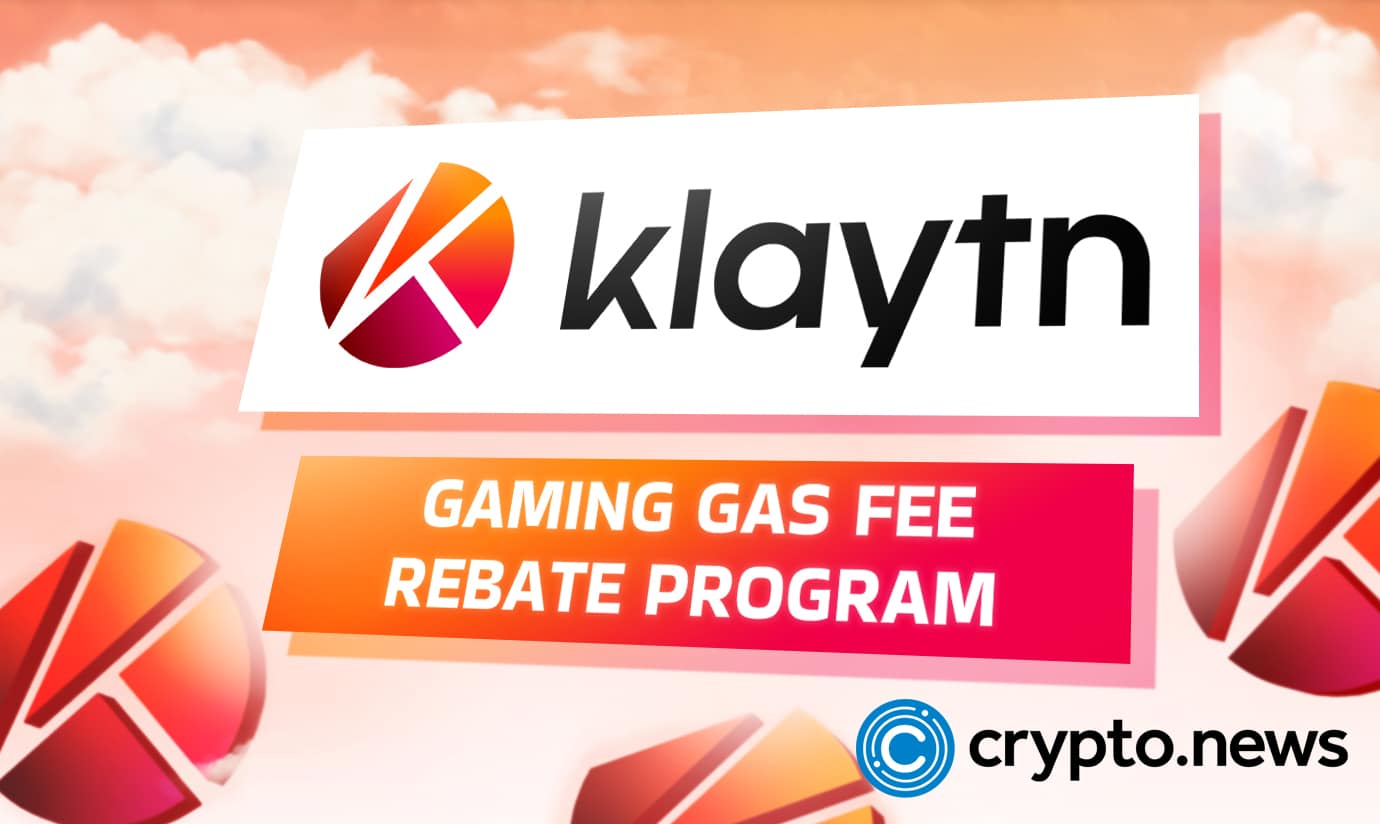2018-11-4 05:36 |
Why Blockchain Solutions Are Important For Cross-Border Remittances
One of the biggest divides between the first world and third world countries lies is survival.
Unlike the first world where there are payment systems and food isn’t really an issue, third world countries and their residents have to often routinely grapple with basic problems like food, shelter and getting their monies to the necessary recipients.
So, while the average American is dealing with the “problem” of choosing between a macchiato and a mocha, the coffee bean farmer is dealing with the real problem of getting some of that money back home to his/her relatives so they don’t starve.
Remittances are a big part of what drives the third world economy. Unfortunately they cost a small fortune to send to these countries. Trans-border and international payments have always been quite costly –understandably due to their various channels and third parties- and time consuming, thus necessitating cheaper solutions that can execute transfers near instantly.
This is why the world needs more blockchain solutions focused on remittances across the globe. You shouldn’t have to wait 3-5 business days to get your money, whilst paying a relatively high fee. It’s possible to think that international money transfers aren’t that expensive –charges are between $25 for $200 or less, and 5-10 percent depending on the amount- when there’s nothing to compare it to.
But when you consider than $99 million which was sent on the Litecoin network, only attracted a transaction fee of 40 cents and was available to the recipient within a minute of transfer, you’ll see that traditional money transfer channels and fees are ridiculous.
Blockchain solutions in the remittances sector are surprisingly small. Yet, with a reputation for disrupting industries, one would think that the industry would been flush with remittance solutions. Blockchain should be focused on this niche as it potentially attracts a lot of participants from across the world.
A truly global and affordable blockchain remittance solution can meet the needs of over 3 billion people in low income countries. While blockchain is aimed at disrupting and providing solutions for a multitude of life’s issues, from major to minor, there are areas where the technology should be intently focused.
It can indeed help with first world issues and increase efficiency and productivity, for example, but it should be driven in the third world where it can change lives for the better. This has become even more important, considering that many people are relocating from the rural to the urban areas in search of opportunities.
And for those who earn a living in the cities, getting money back to their loved ones, some of whom may be unbanked can be a hassle. They often have to trust an intermediary who has a bank account or a means of receiving funds to get their sent funds to their loved ones.
“Labor migration is one of the main demographic trends of the last decades and the Asian countries are not an exclusion,” Says Robertson, MD of Noahcoin, a blockchain based remittance service in Asia “What's more, in this region remittance payments quite often make up the bulk of the budget on which the families of overseas workers live at home and contribute a lot to the overall GDP. For example, in the Philippines, over 10% of the GDP (which is about $30 billion) comes from remittances.”
Worse, they have to pay a hefty fee. In case you’re thinking there’s no way such a “small” charge is hefty, research has shown that some African families live on about $1-2 a day, while some Asians live on less than $3 a day.
So, the $25 minimum fee required for bank wire transfers, can comfortably feed an individual/family for 8-20 days, depending on their location and the purchasing power of the currency. Honestly, it’s so much hassle, and one that’s unnecessary.
There’s a huge opportunity here for blockchain services that cater to cross border transactions. With these solutions, the middlemen will essentially be eliminated –they’re the reason for those high fees and delays in the first place- thus making those transfers cheap, fast and efficient.
Even better, every cent that’s scraped together will actually matter, will put money in the hands of those who truly need it and actually solve some of their problems.
What’s Happening With Remittances Now?While those individuals who use these systems have a more in-depth insight into the difficulties they encounter while using these systems, it’s often better to hear from someone who is working with them and providing a solution to that problem.
This is in the person of Lorien Gamaroff, Centbee’s CEO. Centbee is a blockchain wallet startup that caters to the African market. Lorien states that,
“Millions of Africans leave their countries and work elsewhere. Every month and year they send money home to their families. Existing remittance providers charge between 10% and 20% to remit money. Often the processes are onerous, requiring forms to be filled in, or inconvenient as well as expensive. Some cryptocurrencies, like Bitcoin Cash, have very low transaction costs, around 1 US cent for any amount. This is a very appealing idea for those people who earn very little and are looking to preserve as much value as they can in the transfer.”
Of course, this isn’t just a problem that’s peculiar to Africa. There are huge populations across the world with the same issues; Asia in particular. Clarke Robertson, Noahcoin’s director explains this when he says,
“The major problem lies in its cross-border nature, which significantly complicates the passage of cash flows and adds costs. Using banking services or payment systems the workers have to pay huge fees: up to 9.82% in Japan, about 6%-10% in the Philippines.”
Can Cross Border Blockchain Solutions Fix These Problems?Here’s the reality: cross border payments are depriving those who most need the money. Worse still, it’s creating offshoots of illegal payment solutions that many of these people are exploring, simply because those are cheaper and faster.
A blockchain solution not only solves the problem of illegality, it also provides a cheaper, faster way to get their monies. People shouldn’t have to wait an entire week just to get the money they sorely need.
With the often pricey intermediaries eliminated, recipients would be able to make their monies go even farther that it’s currently doing. Even better, governments would be able to track all payments coming in and out of their country, as well as what the monies are being used for. This will make it easy to get people to pay taxes, further resulting in even more revenue for the government.
While this may raise concerns about privacy, the reality is it doesn’t. Besides, most people in these climes would rather have more food than privacy if it comes to an either/or situation. In fact, Lorien Gamaroff provides even more insight into how his company, Centbee can help with this:
“Regulatory obstacles are being eroded away as regulators become more educated around the mechanics of cryptocurrencies. They are beginning to realize that cryptocurrencies like Bitcoin Cash are not anonymous and easy to enforce existing KYC and AML rules upon. The nature of the transparent ledger means that regulators and tax authorities can have more visibility around transactions than traditional payment methods. More than half of the money that moves cross border in Africa goes through informal channels. These are typically taxis that transport suitcases of money and other by other similar means. We are wanting to allow consumers to easily send something like Bitcoin Cash to a number of countries and then converts it to mobile money like EcoCash or MPesa.”
Clarke Robertson also shares a similar view, but places emphasis on security for both the recipients and senders:
“With Blockchain, both a sender and a recipient would be able to track the money flow and know exactly whether the funds have reached their destination or not. There is no risk of losing money somewhere between the parties and their wallets.”
Blockchain Solutions To The Rescue?People in Asia and Africa really need the revolutionary technology and solutions that blockchain is capable of providing. Billions would benefit from the technology and improve their quality of life.
More people will be able to access services that were previously inaccessible, while undercutting the monopoly of centralized firms providing sorely needed services. Cross border payments and remittances are more in demand than they’ve ever been. And companies that know this have been taking advantage of the opportunity and milking it for all its worth.
Once there are reliable blockchain solutions that offer a faster, cheaper and more efficient option, millions will abandon the previous service providers, and remittances from friends and family members living in the diaspora will go through the roof.
origin »Bitcoin price in Telegram @btc_price_every_hour
LALA World (LALA) íà Currencies.ru
|
|







